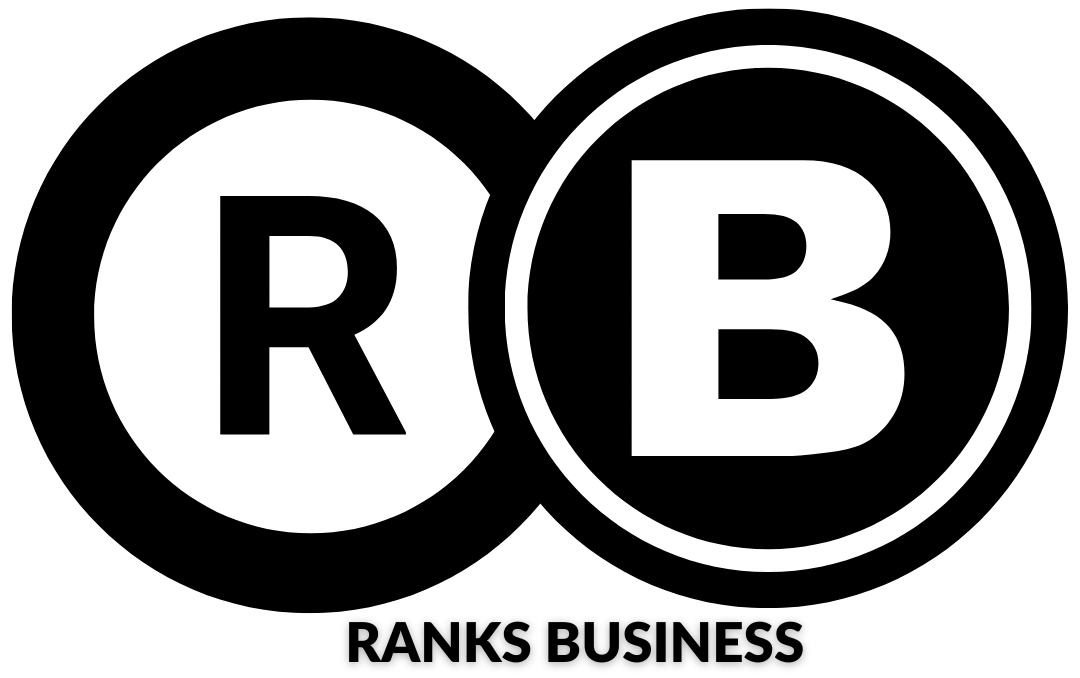Gas consumers should prepare for challenging times ahead as marketers have indicated that prices will rise in the coming week.
Olatunbosun Oladapo, the President of the Nigerian Association of Liquefied Petroleum Gas Marketers, stated that a surge in international prices, high taxes, vessel costs, forex shortages, and currency devaluation are contributing factors to the anticipated price increase.
He regretfully acknowledged that the situation is unfortunate, causing hardships for consumers who are struggling with reduced purchasing power.
This situation has led some consumers to revert to traditional cooking methods like firewood, charcoal, and sawdust due to the unaffordability of gas.
Olatunbosun called for government intervention through palliatives, tax reduction, and a focus on taxing profits rather than products.
These concerns align with recent observations indicating that vessel scarcity in the international market is projected to drive up local prices of Liquified Natural Gas (LNG), commonly known as cooking gas, in the upcoming months.
The scarcity of LNG vessels has led to increased charter rates, which is expected to impact the cost of heating fuel during the 2023 winter season.
Data from Spark Commodities revealed that charter rates have quadrupled, which could potentially lead to higher prices for buyers in various regions.
The Nigerian LPG prices are influenced by international benchmarks and are susceptible to fluctuations due to market dynamics.
Additionally, the devaluation of the local currency further impacts the domestic price of LPG.
The recent drop in international prices has provided temporary relief to local consumers, but the naira devaluation has reversed this trend, resulting in higher prices.
As a result, various states in Nigeria have experienced differing average prices for refilling a 5kg cylinder of cooking gas, with Kwara having the highest average price and Ondo the lowest.
In summary, gas consumers in Nigeria should brace themselves for an impending increase in prices due to a combination of factors, including international price hikes, taxes, vessel costs, forex challenges, and currency devaluation.
The situation highlights the need for government intervention to alleviate the impact on consumers and encourage more affordable access to cooking gas.

